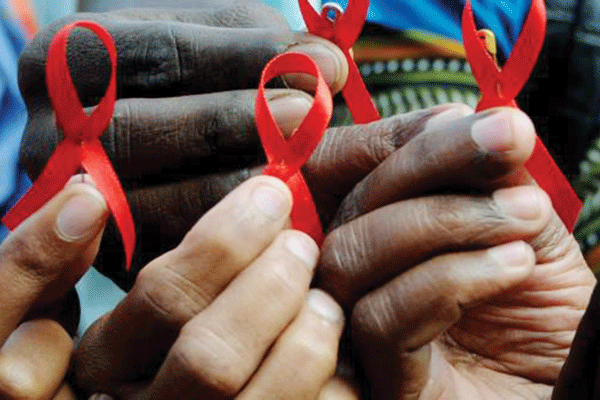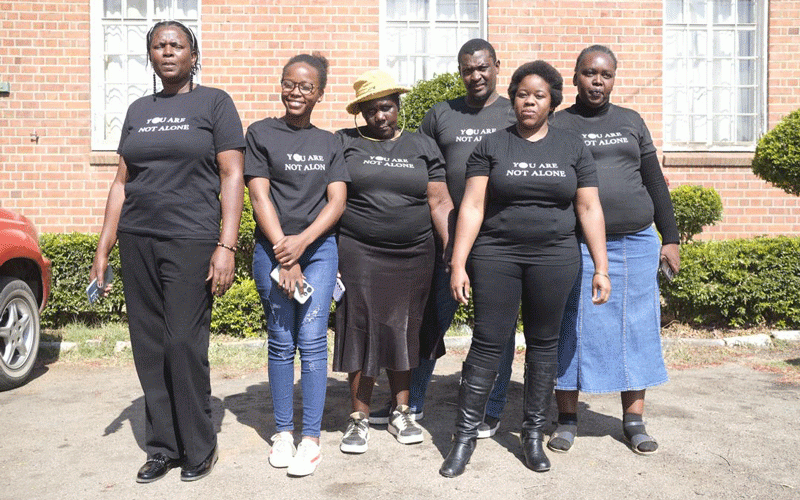
Government’s bureaucratic processes in the education sector could be sabotaging efforts of organisations targeting sensitisation of young people at learning institutions in the drive against HIV, respected arts organiser Plot Mhako has said.
By Kennedy Nyavaya
Mhako — who is the brains behind Jibilika Festival, which held its 10th edition recently — has had to break boundaries with a minority hip-hop culture, famous among millennials, ever since the festival’s inception in 2007.
“The biggest endorsement should come from the state. Instead of a wait-and-see-approach, it would be more encouraging if the relevant ministry and arts council could be more pro-active and support what we do. For instance, we struggle to get access into schools,” said Mhako.
“The school curriculum alone cannot teach children about HIV and sexual reproductive health; arts and civic organisations have a big role to play.” Jibilika Dance Festival is an annual event of dance and youth culture promoting positive social behaviour among youths through the Step Up 2 HIV programme.
Running under the theme, 10up bringing, hosting it this year was a tall order for Mhako and team who had to do it “with no cent of funding and zero budget”.
“I think it’s the generally bad economic environment. It has not only affected Jibilika, but a host of arts initiatives and some festivals failed to even take off. However, having run it for years, what we had built was goodwill and collaborative capital, which we used to successfully run this year’s edition.”
Plagued by problems, he attests that the turnout and turn of events impressed him.
- Chamisa under fire over US$120K donation
- Mavhunga puts DeMbare into Chibuku quarterfinals
- Pension funds bet on Cabora Bassa oilfields
- Councils defy govt fire tender directive
Keep Reading
Mhako believes through the project, they have significantly helped in lowering the HIV prevalence rate among youths as shown by national statistics that are pointing at a decline in new infections over the years.
“Our approach has been very engaging while entertaining and the feedback has been impressive. At our community outreach, Cyphers counselling and testing partners came to offer services. We get good statistics on the number of youths who get tested, a measure of the impact our approach has,” he said.
Mhako insists that more should be done to change behaviour, fight Aids stigma and encourage those infected with HIV to seek early treatment and live healthily.
“I think while efforts have been made, there has not been concerted and sustained action from the arts sector with regard to the HIV fight. Artists have not fully realised and utilised the potential of their voice in the fight,” he said, adding that funding was not the reason to take a stand against the impact of HIV.
“We should be able to do this even outside funded projects because it’s our moral and social obligation. Our art will thrive and grow when we have a healthy audience.”











